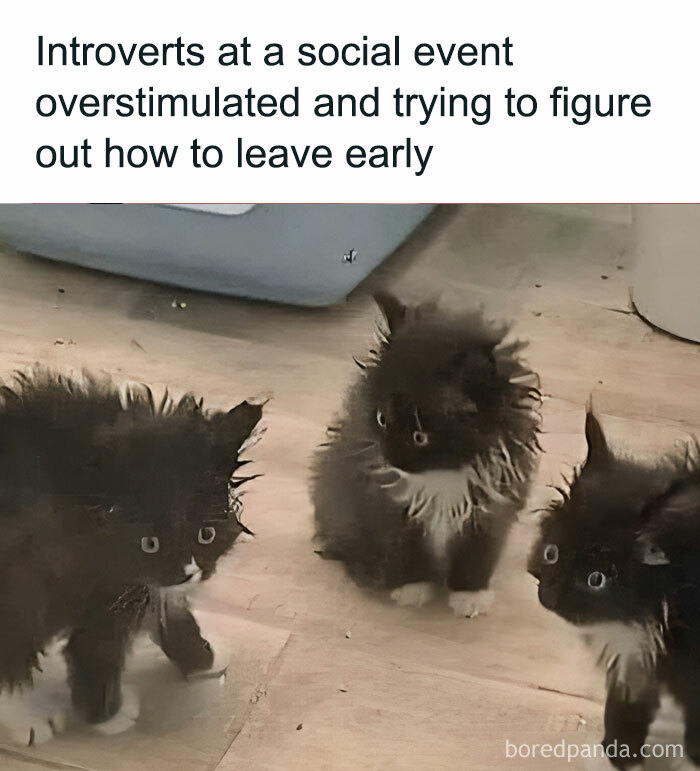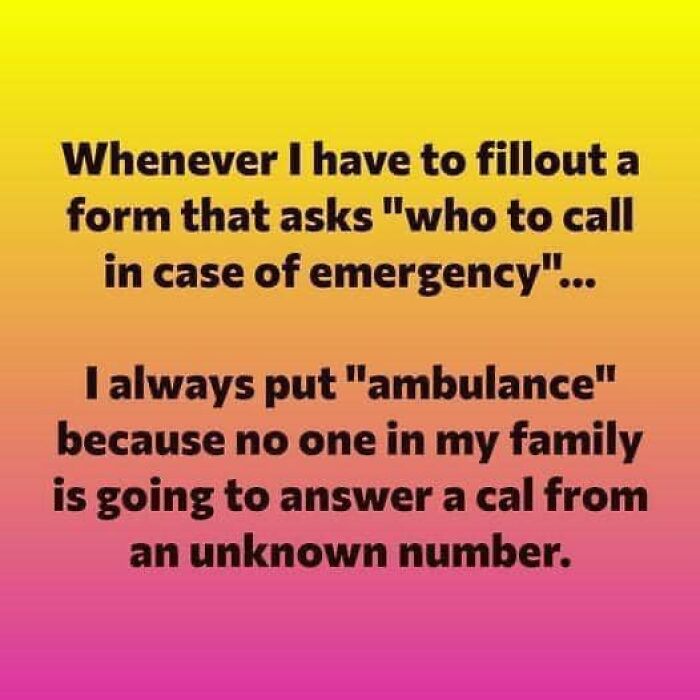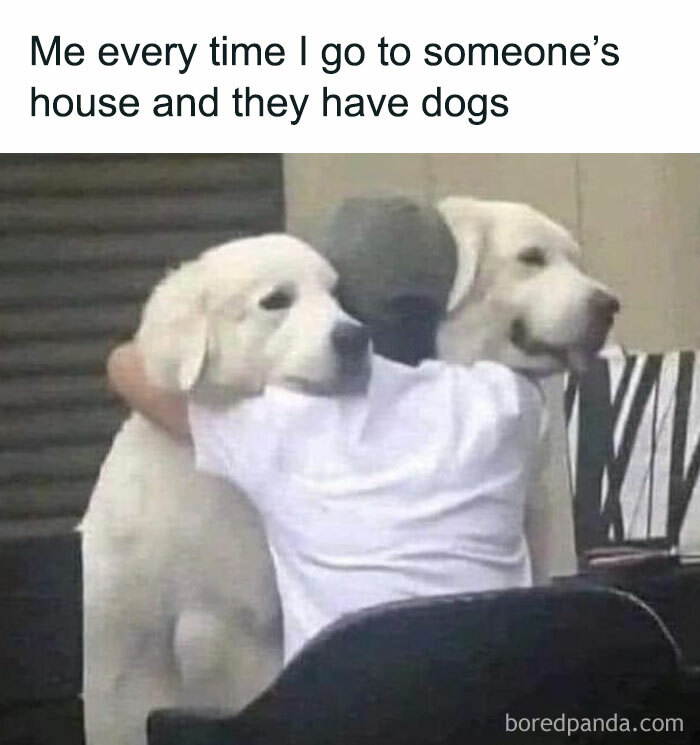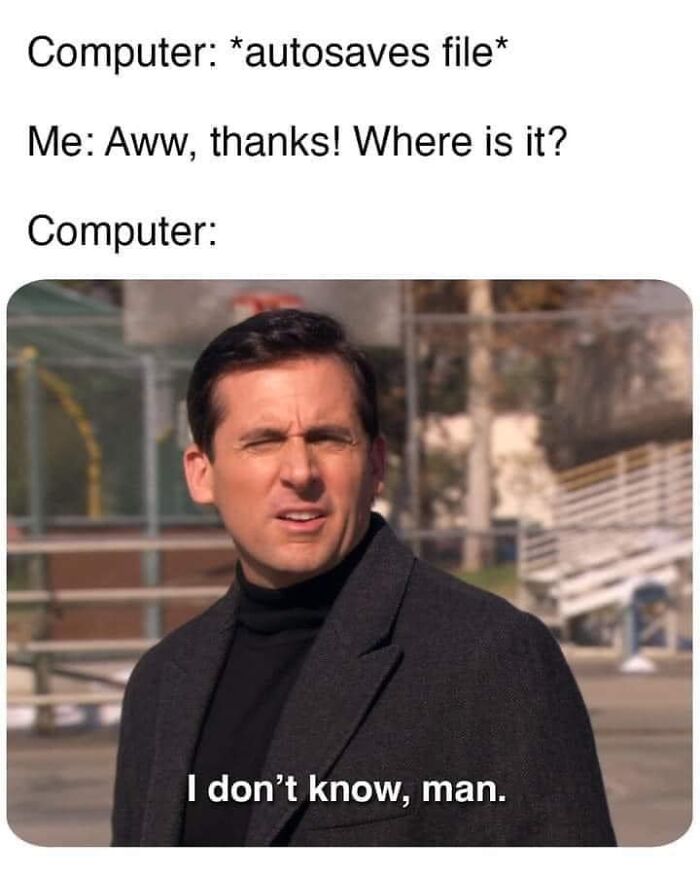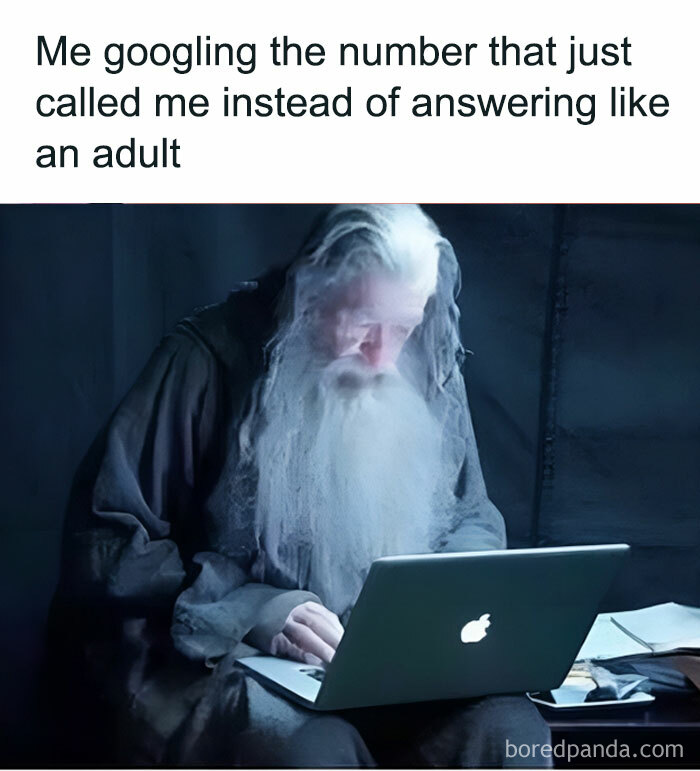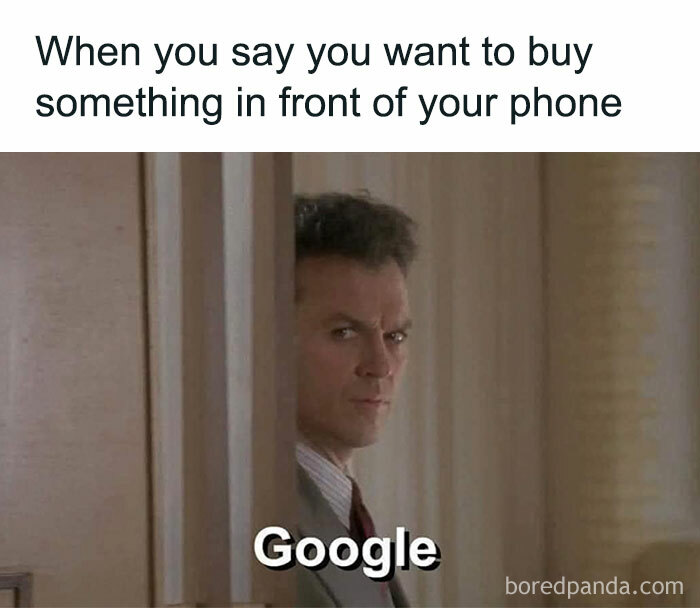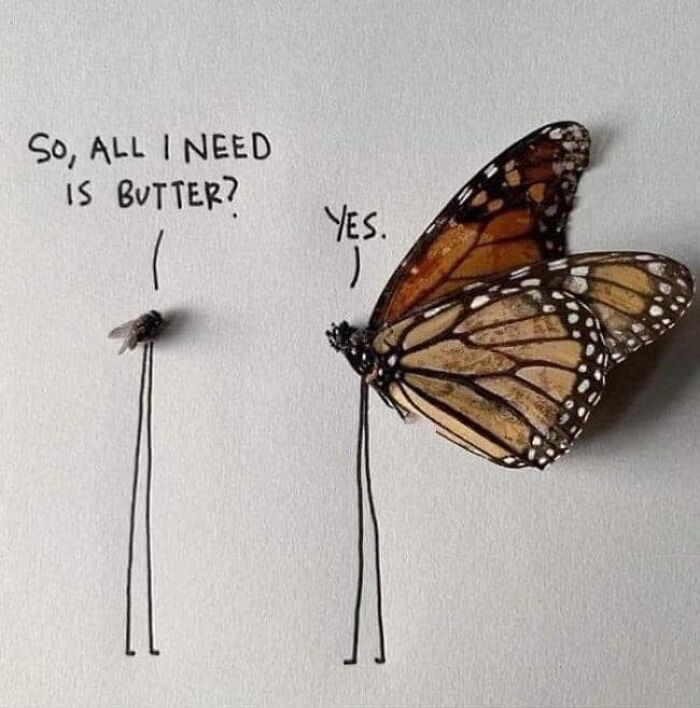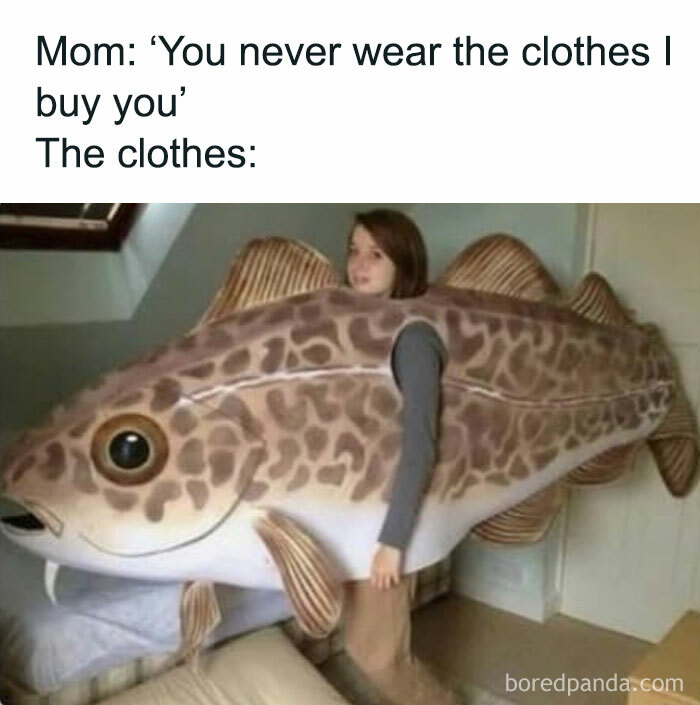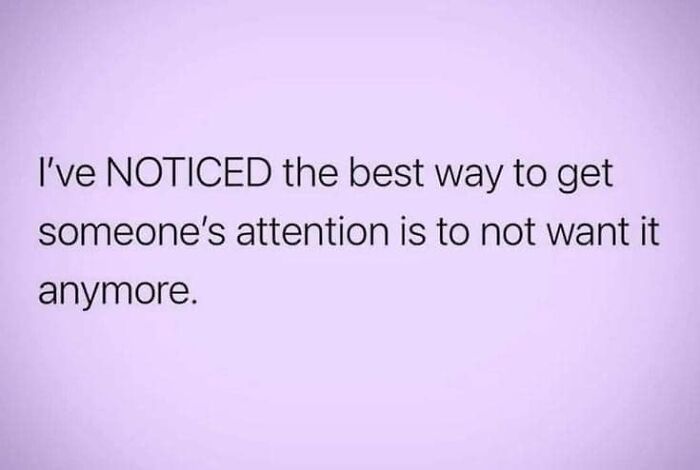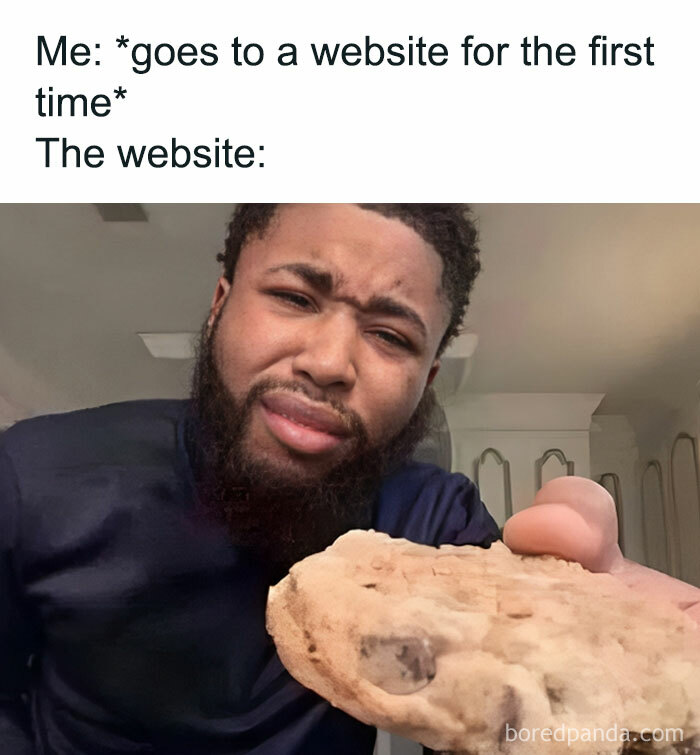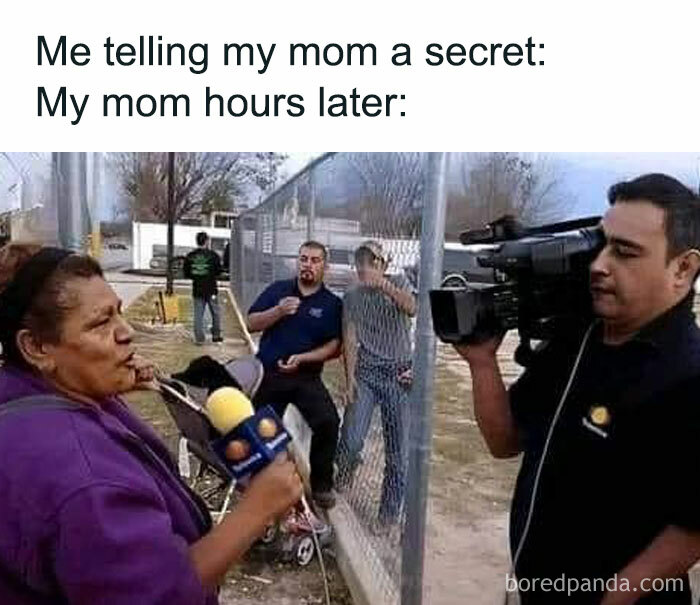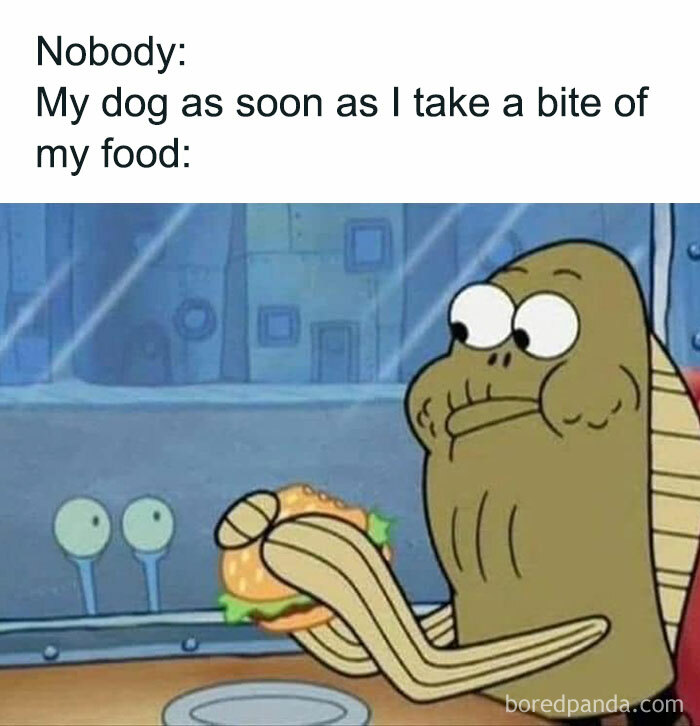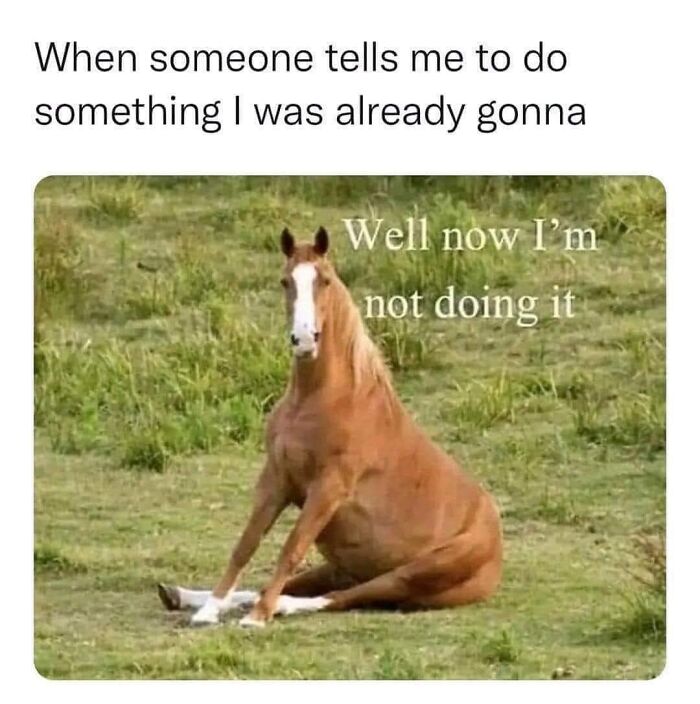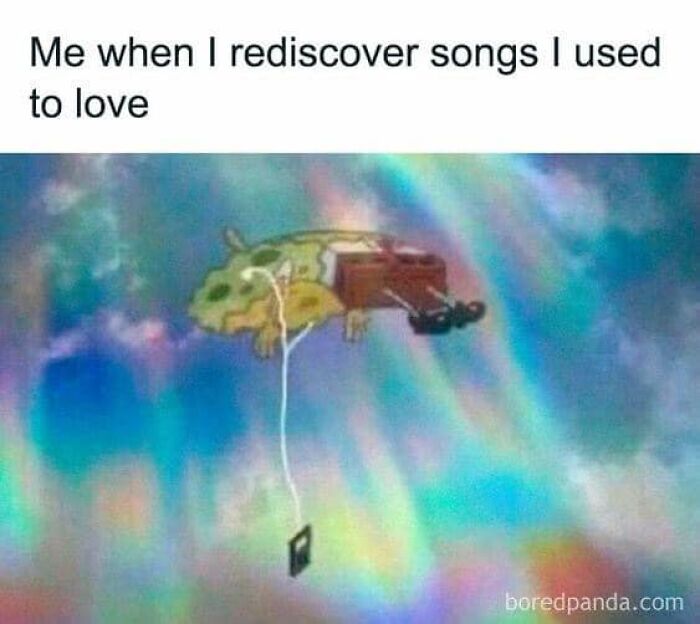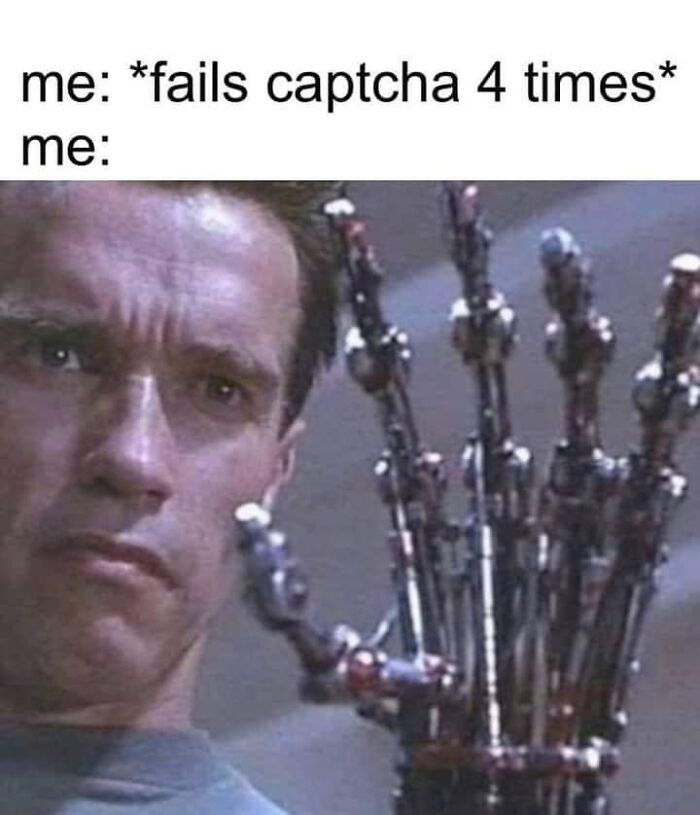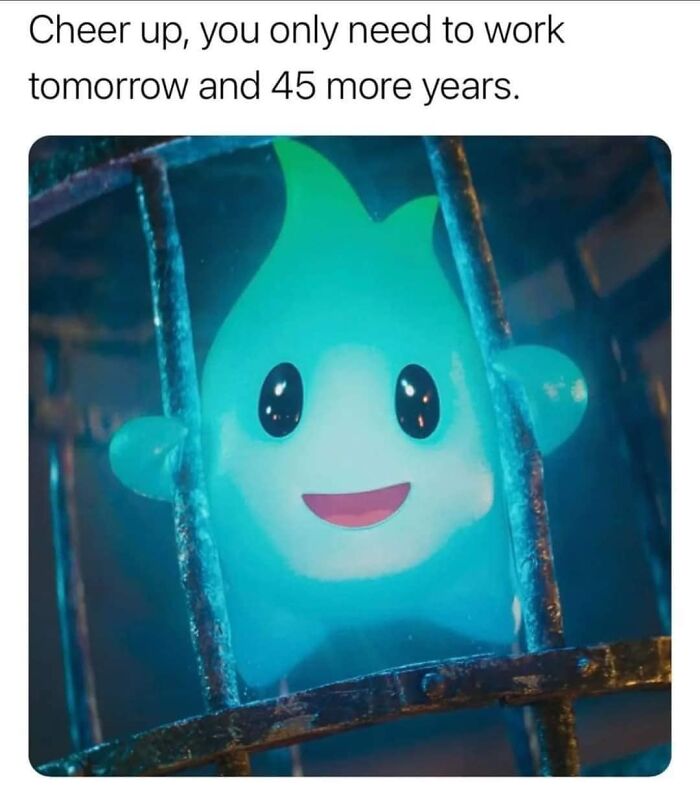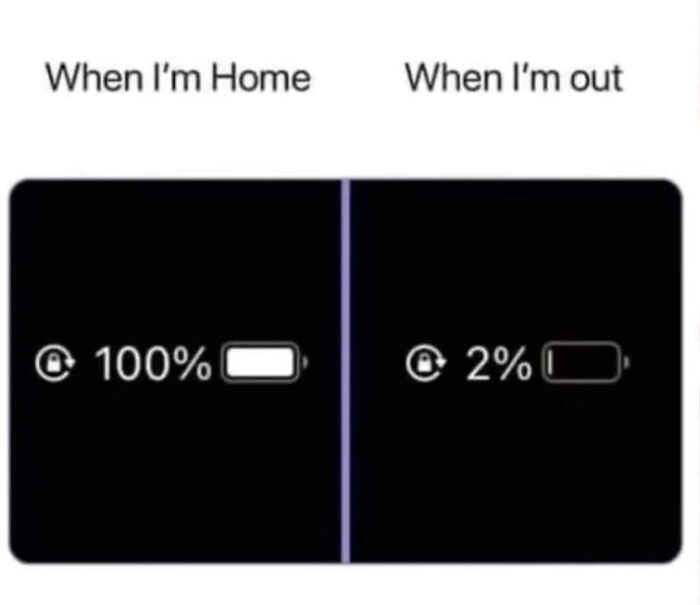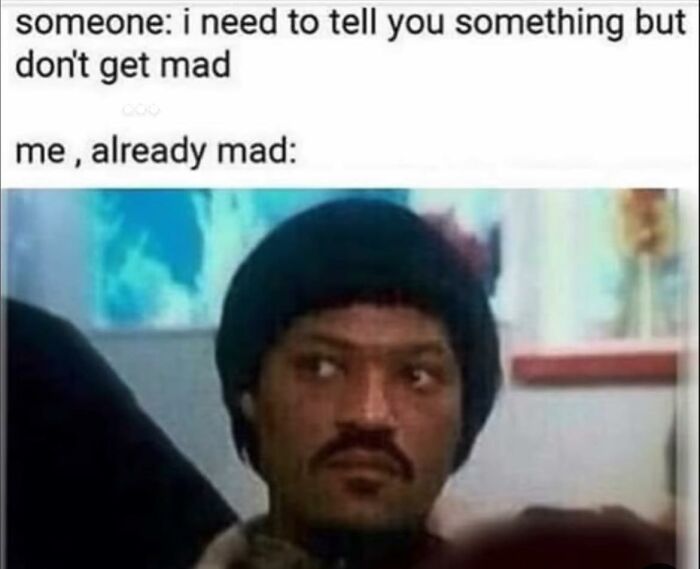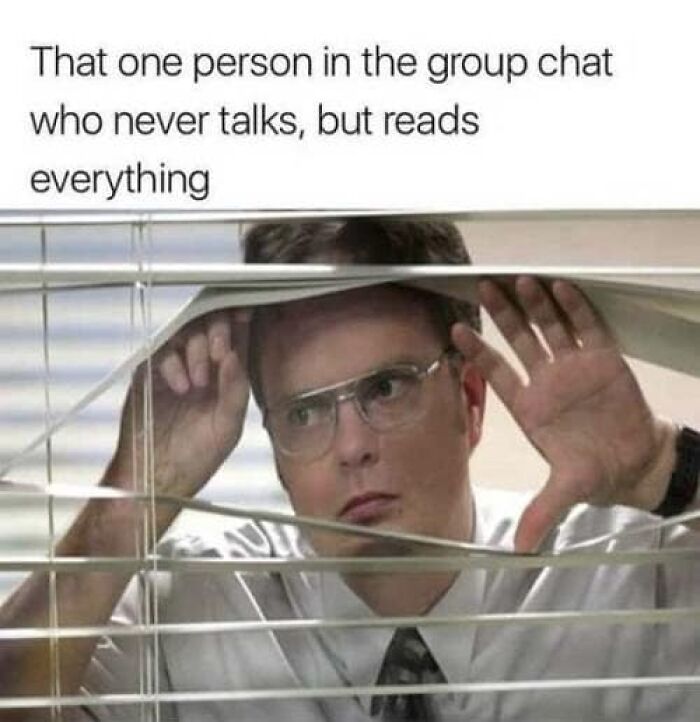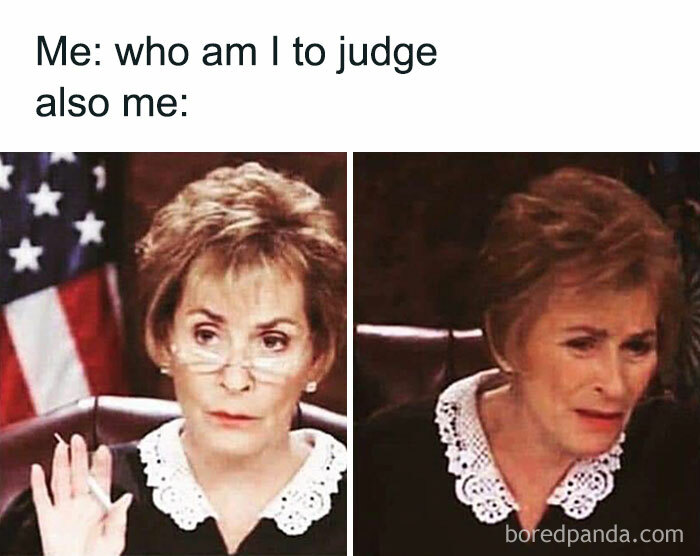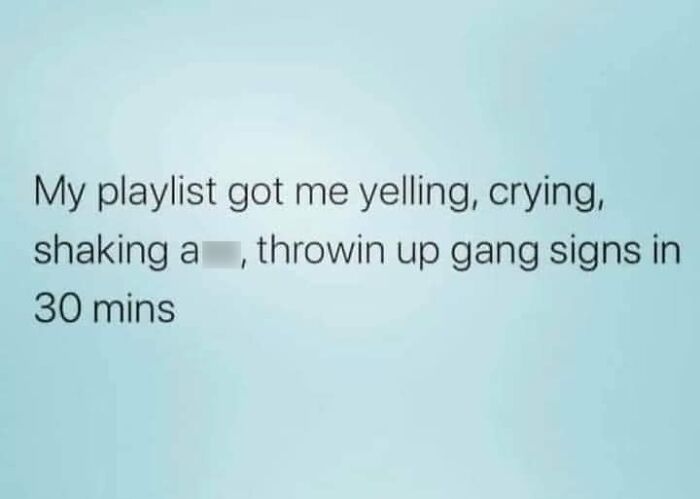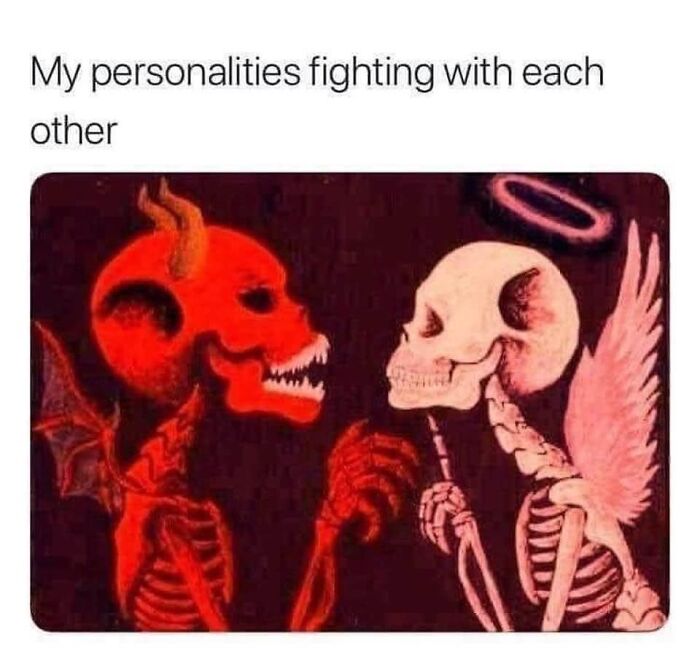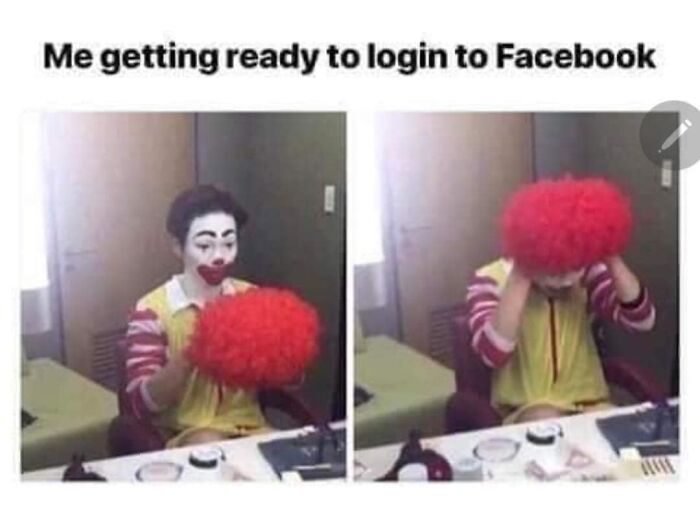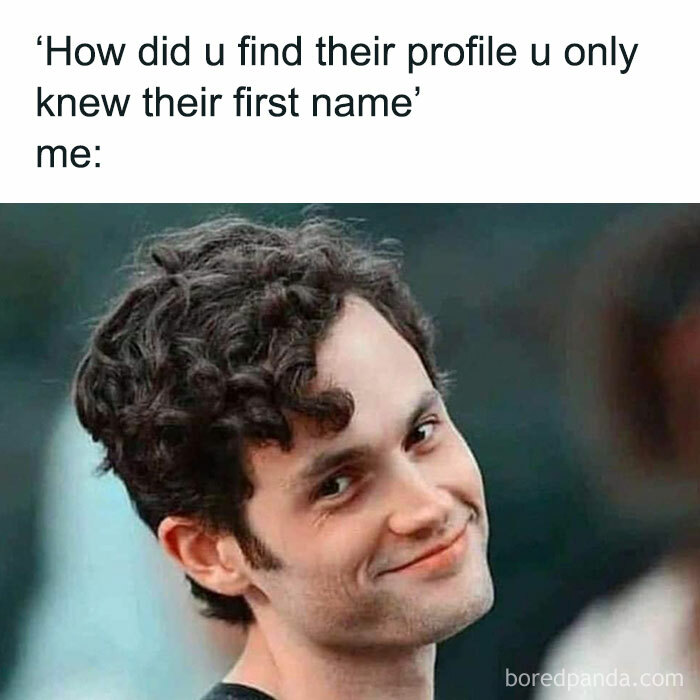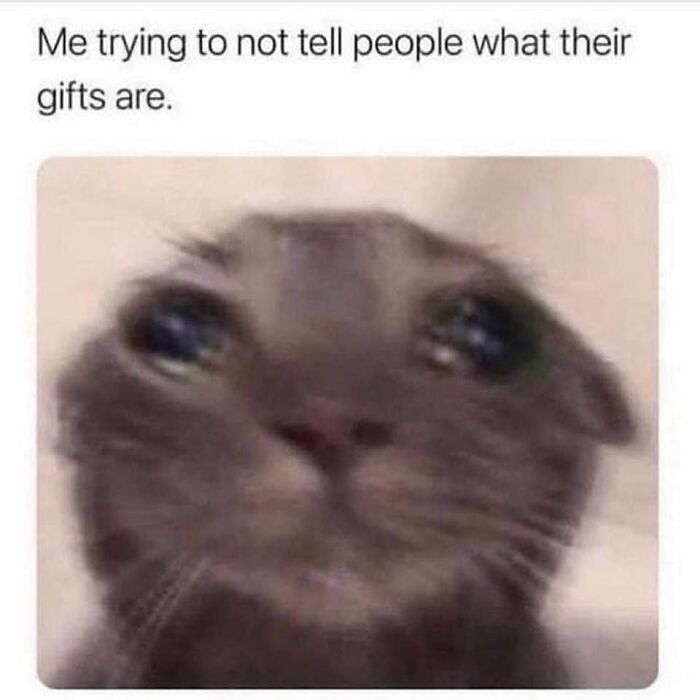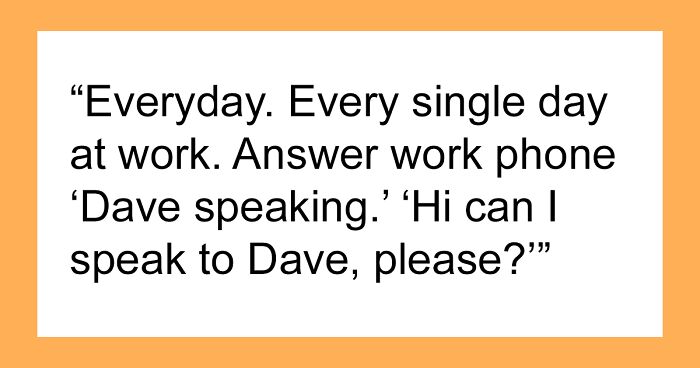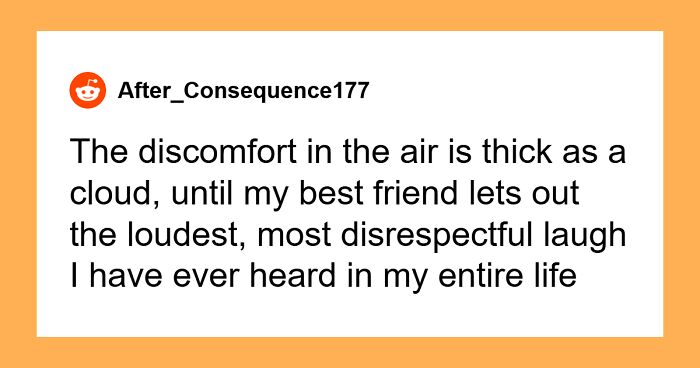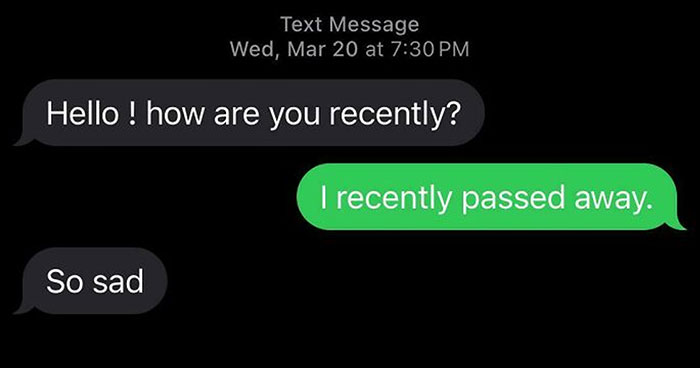If you’ve ever been online—and if you’re reading this, it’s clear that you have—you must have seen a meme or two, even if you weren’t actively looking for them. Nowadays, they’re so widespread it’s become nearly impossible to browse without them popping up on the newsfeed.
Chances are, it’s not without the help of online groups that memes rose to such fame; and with close to a million followers, the ‘Meme Life’ Facebook group has likely played a role in it, too. Boasting quite an impressive collection, the group is a never-ending source of hilarious random memes, and today, we want to shed light on some of the best of them. So, if an occasional funny meme is something you enjoy, scroll down to find some amusing ones, as shared by ‘Meme Life’, on the list below, and make sure to upvote your favorites.
Below you will also find Bored Panda’s interview with Professor of Communication at USC Annenberg School For Communication and Journalism Dr. Dmitri Williams, who was kind enough to answer a few of our questions about the role online groups and communities play in the online world.
This post may include affiliate links.
Bearing in mind the many ways in which people use memes—from shedding light on things they find funny to sharing relatable content to providing comfort to those in need of it—it’s no surprise that groups dedicated to memes have hundreds of thousands of followers.
But in the vastness of the internet, there are groups dedicated not only to memes, but basically anything and everything you could imagine. On Facebook alone, there are reportedly over 10 million group pages, with roughly 1.8 million people using them every month.
Discussing what attracts people to join all sorts of online communities and groups, Professor of Communication at USC Annenberg School For Communication and Journalism Dr. Dmitri Williams suggested that it’s the need for connection that encourages us.
“Humans crave social connections and having a meaningful social identity. This is true offline, but it can be harder to fulfill that when a lot of our institutions are weaker than they used to be,” he told Bored Panda in a recent interview, adding that while it’s way easier to make those connections online, they might initially be weaker and not as positive as being face to face. “We are, after all, evolved to be with people in person,” he said.
“One of the joys of the internet is that it frees us from the constraints of geography, culture and other barriers to let us find our people wherever they are. So, if you’re into cats, dragons, Doctor Who or car repair, you can form a community, even if those things aren’t available or acceptable where you are,” Dr. Williams pointed out, talking about how internet users can benefit from communities focused on a certain topic.
One of the easiest ways to see that internet content really does free us from the constraints of geography is watching something go viral.
Imagine this: you uploaded something as mundane as filming your friend wearing his new sneakers. Next thing you know, you’re an internet celebrity and your catchphrase is uttered in countries that don’t even officially speak the same language. (Yes, I am indeed talking about the ‘D*mn Daniel’ videos from 2016, which now feels like forever ago.) While it can be mind-boggling to some, avid internet users are arguably somewhat used to seeing viral content from the other side of the world appear on their newsfeed.
If you’re looking to create a video that has the potential to become even more popular than those of Daniel showing off his white vans, you might want to start working on making music videos; according to Statista, as of 2024, they were the most popular type of video content worldwide, based on weekly usage reach.
Lining up second were comedy, meme, and viral videos, leaving video live streams third, and educational videos fourth on the list.
While it’s undoubtedly fun to be able to see viral videos from all over the world with the help of just a few clicks, according to Dr. Williams, the internet and online communities can be a double-edged sword.
“It has freed us from local constraints and given us more access to ideas, knowledge and culture than ever before, but it has also subjected us to terrible behaviors created by anonymity, echo chambers that convince us of smug moral superiority, and dulled our brains with algorithms that feed us sensational or mindless content.”

 Dark Mode
Dark Mode 

 No fees, cancel anytime
No fees, cancel anytime 






